Walmart CEO Doug McMillon is a rare beacon of confidence amid tariff woes—and sees a chance to grab market share
"Nothing about the current environment impacts our confidence in our business or our strategy," McMillon said at the company's Investor Day.

Amid all the sturm and drang around the Trump administration's tariffs, one CEO is calm and even confident the company he leads can emerge stronger: Walmart Inc's Doug McMillon.
At Walmart's annual investor community meeting in Dallas on Wednesday, McMillon opened the show by immediately acknowledging what was top mind among the crowd of Wall Street analysts: the global trade war. (Which grew more dire with China's fresh announcement it would raise levies on U.S. imports to 84%, from 34% in response to higher U.S. tariffs on its products.)
"Nothing about the current environment impacts our confidence in our business or our strategy," McMillon said, before he and his team gave analysts and media an update on Walmart's growth strategy. "I've seen us navigate through tough times after 9/11, the global financial crisis and the pandemic."
Wall Street investors seem to agree: Walmart shares were up 3% in early trade on Wednesday, while the broader S&P 500 index was flat. Walmart, as the largest retailer and company in the world, has the clout and wherewithal to offload a big chunk of the higher costs to suppliers. And with its focus on everyday essentials, rather on discretionary expenses that consumers can delay, Walmart is positioned to take additional market share from many competitors.
Still, the tumult is not sparing anyone. Walmart updated its financial forecast to incorporate the higher uncertainty caused by the tariffs war. The company still expects net sales to grow 3% to 4% this year, despite what chief financial officer John David Rainey told the crowd has been higher day to day sales volatility than usual lately. The CFO noted that two-thirds of what Walmart U.S., which generates 70% of company sales, sells is produced domestically and most of the rest from China and Mexico. (Walmart is the largest grocer in the U.S., and therefore less reliant on imports than rivals like Target and Macy's are.)
But Walmart, whose low prices have always served it well during economic slowdowns, plans to take the hit from potential price hikes fueled by the trade war. “History tells us that when we lean into these periods of uncertainty, Walmart emerges on the other side with greater share and a stronger business,” Rainey said.
So McMillon's game plan is to improve customer experience too, maximize operational efficiency and improve its supply chains. That includes moves such as investing in new distribution facilities to speed e-commerce deliveries and delivery of fresh and frozen food to stores. Walmart's goal is to be able to deliver e-commerce orders to 95% of U.S. households in less than three hours within a few years.
Still, McMillon is not living in denial. "It’s clearly a fluid environment," he said. “While we don’t know everything that’s going to happen for us, we do know what our priorities are.”
This story was originally featured on Fortune.com





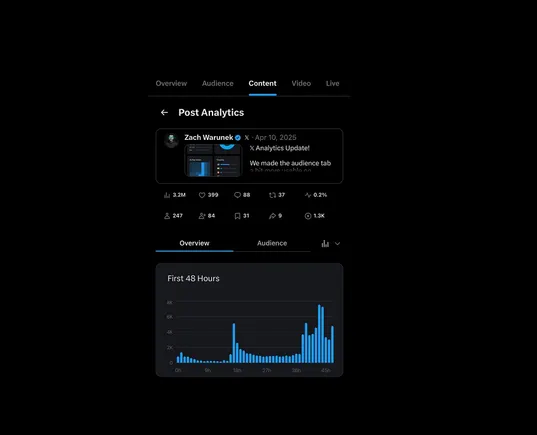

























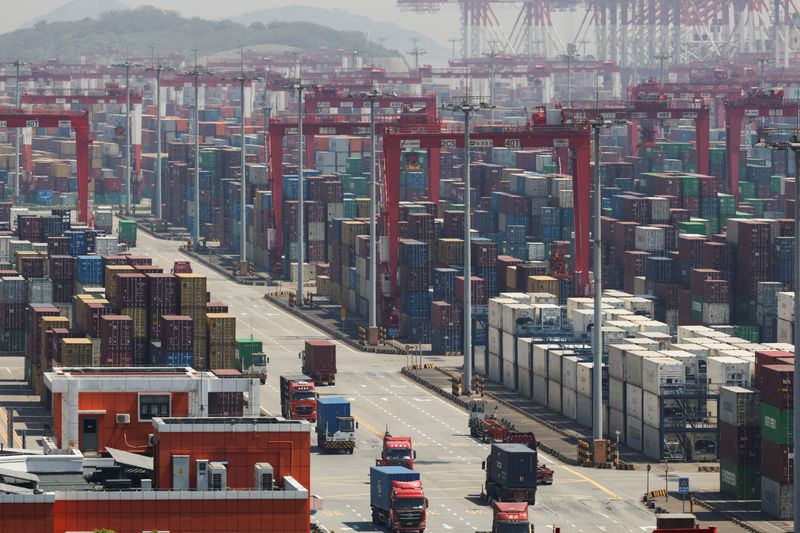
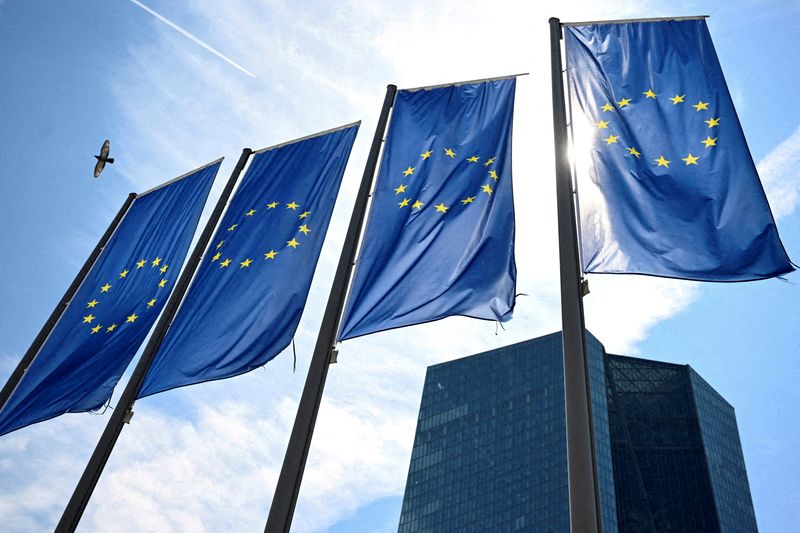





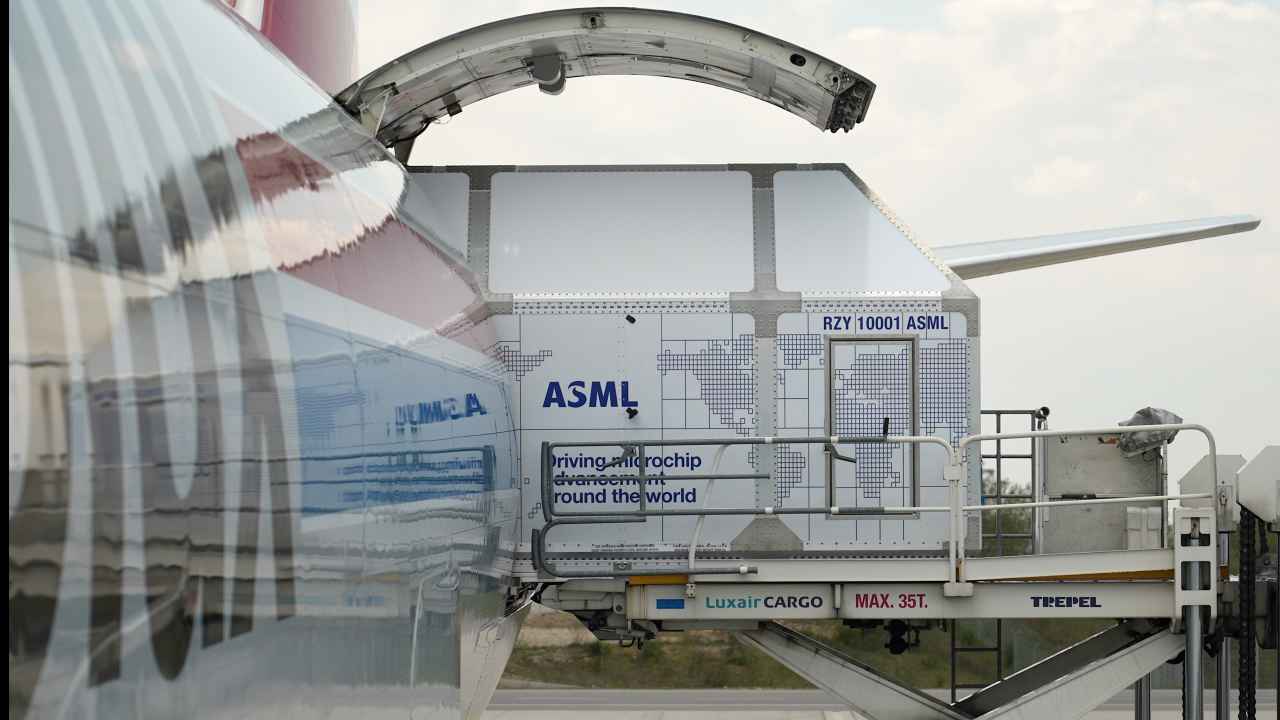
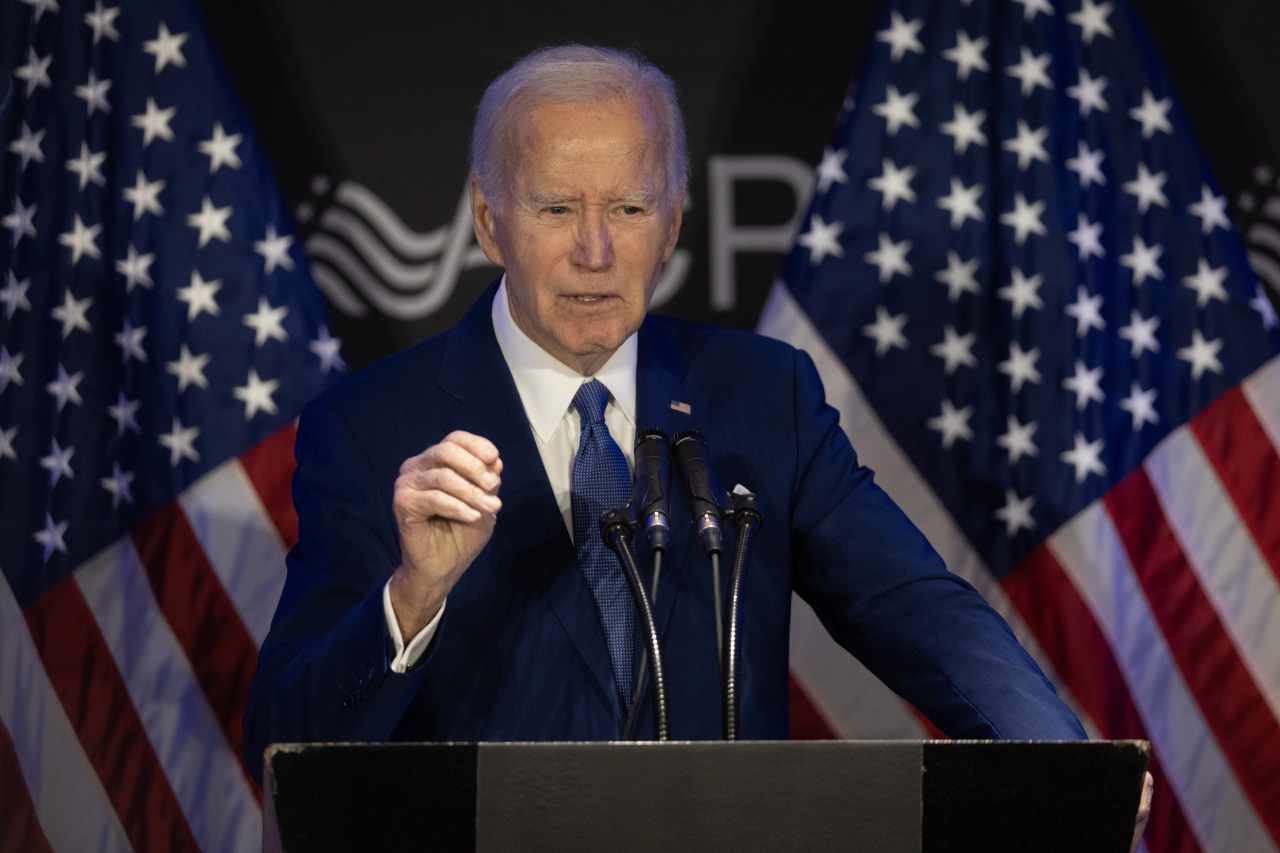
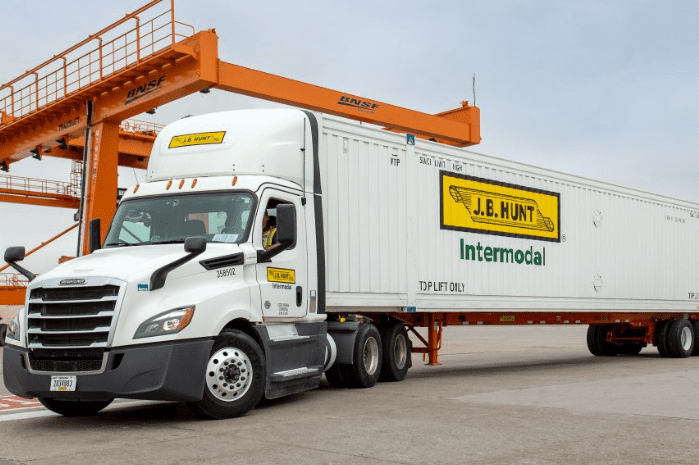
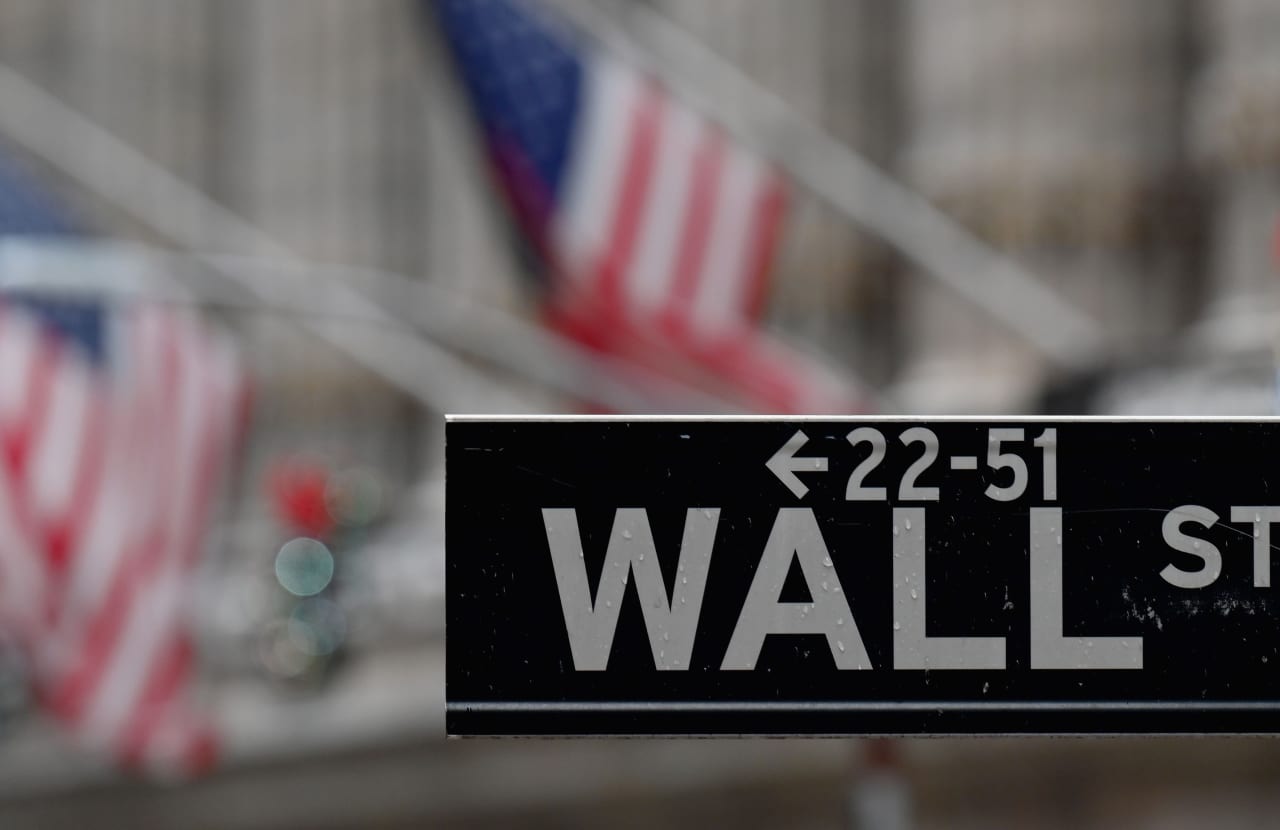
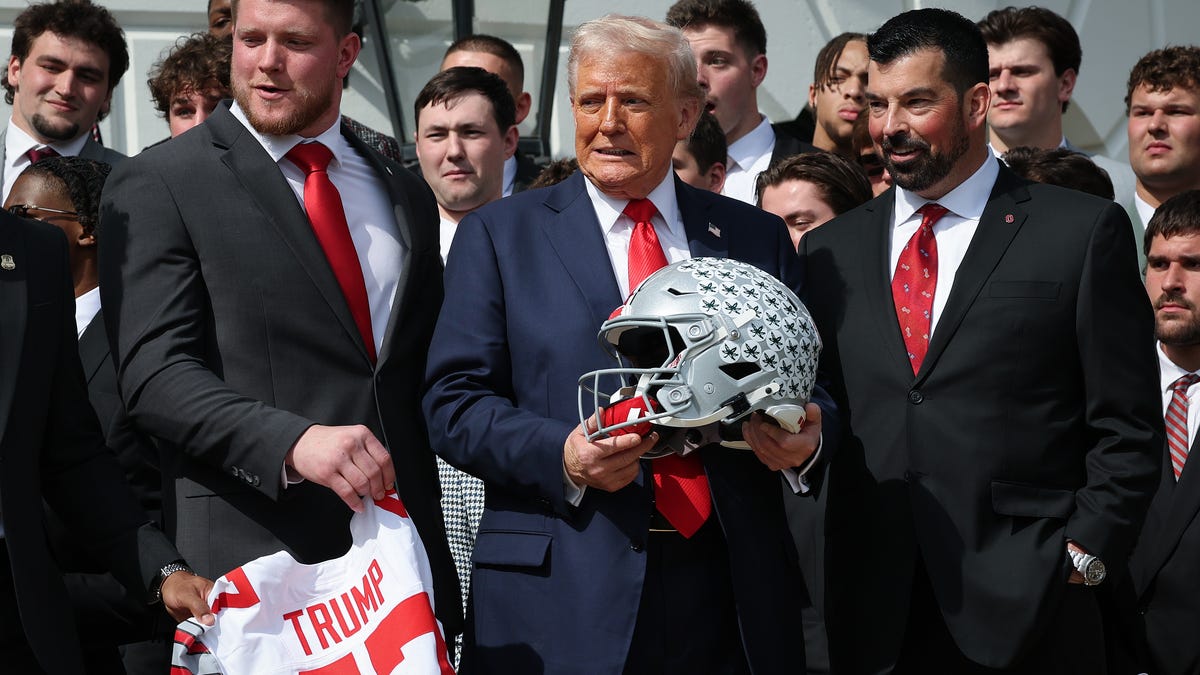
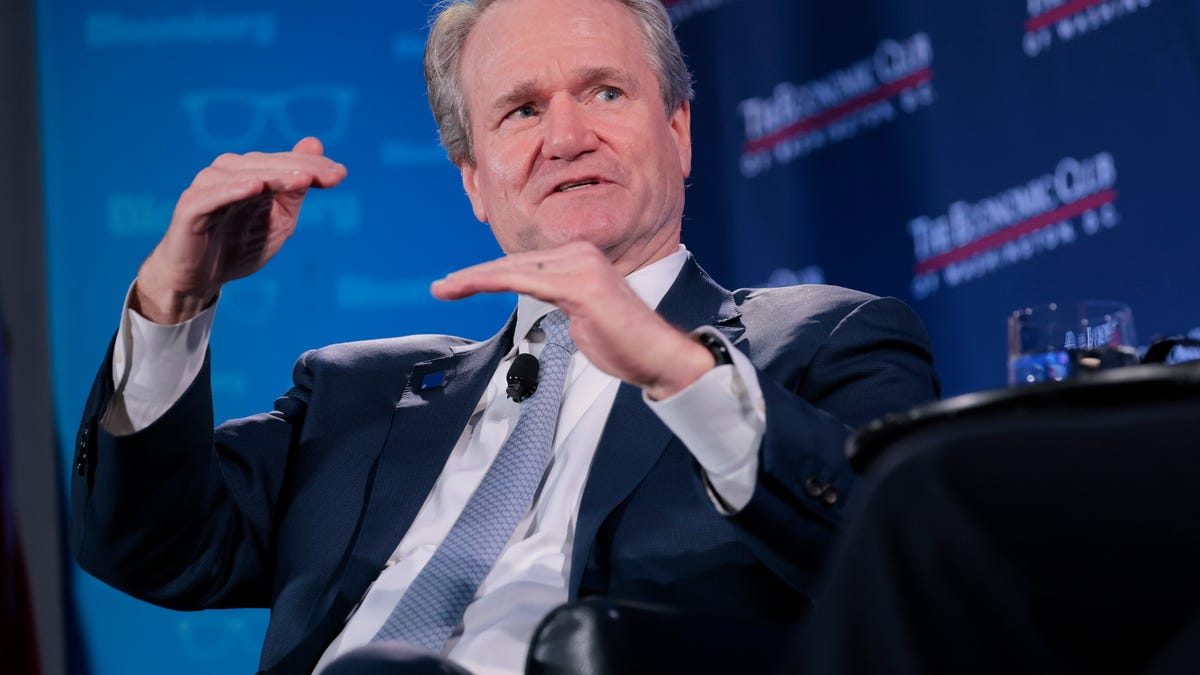
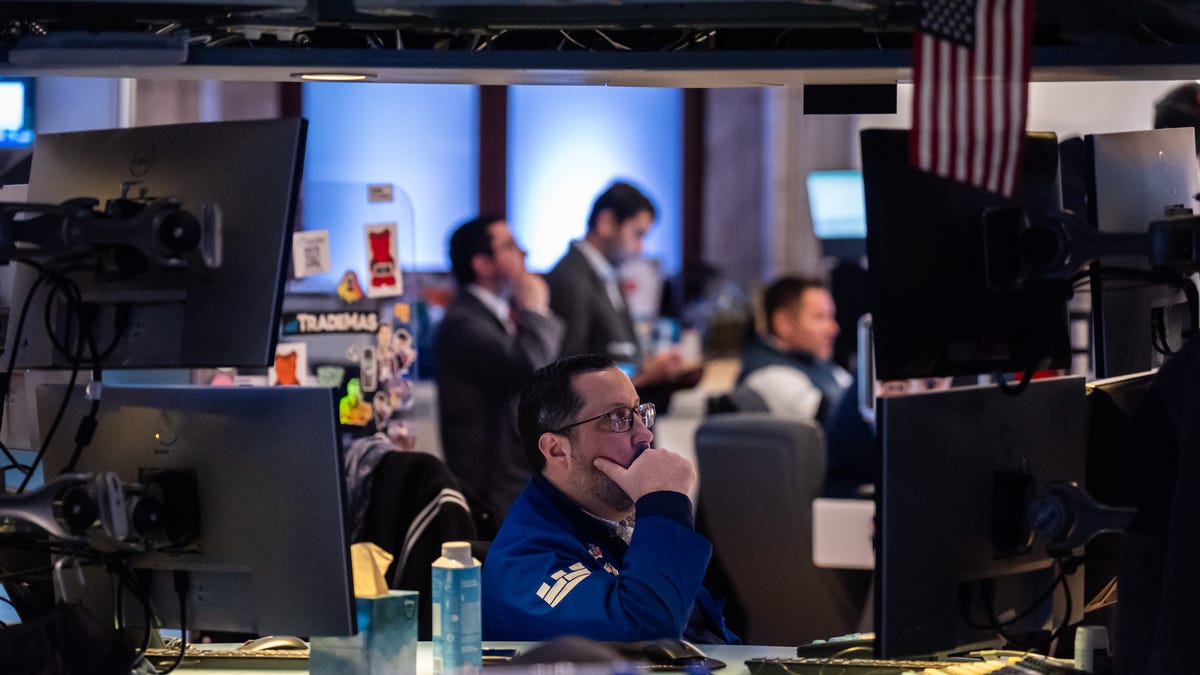











































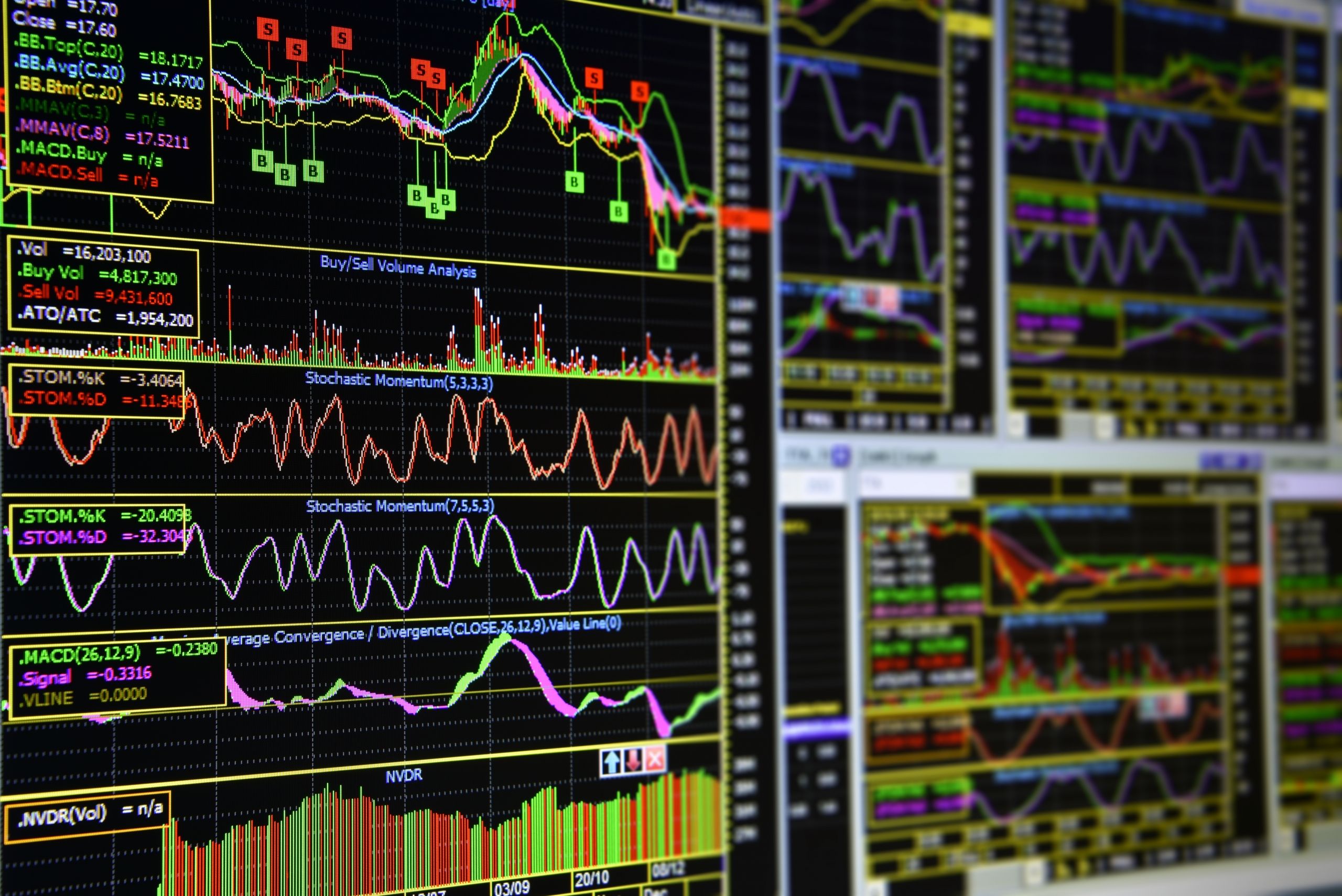






















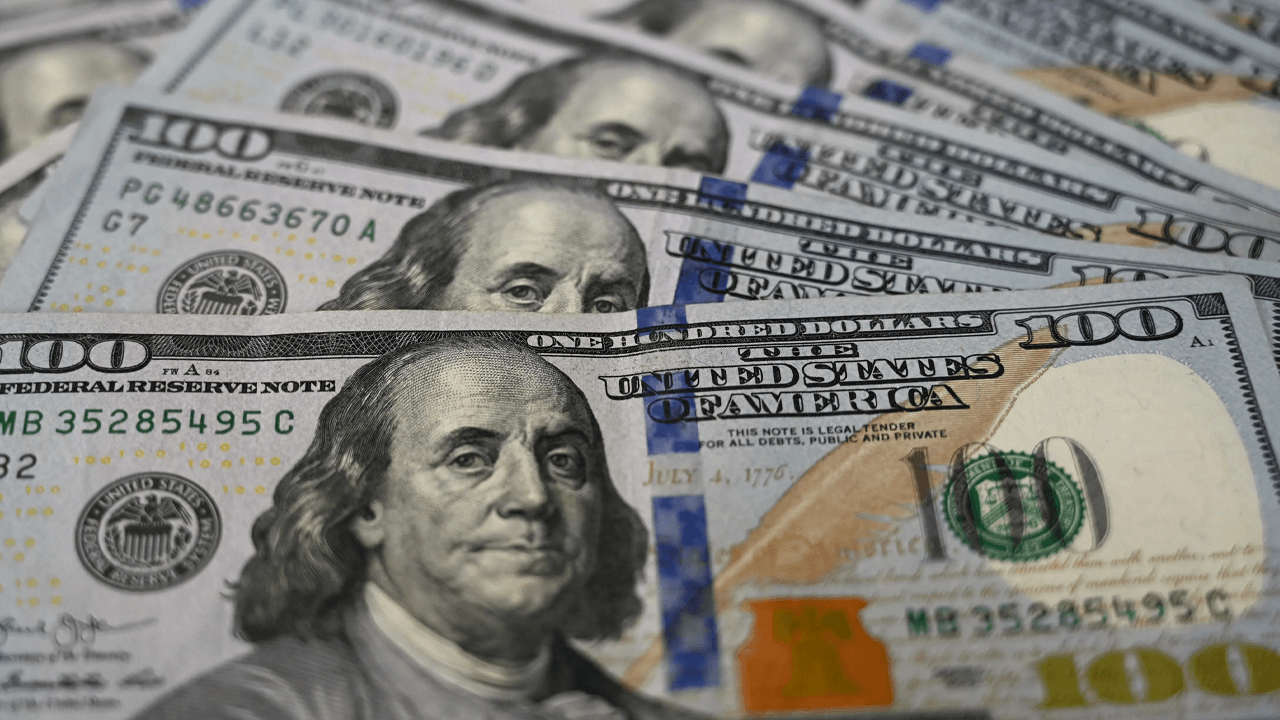
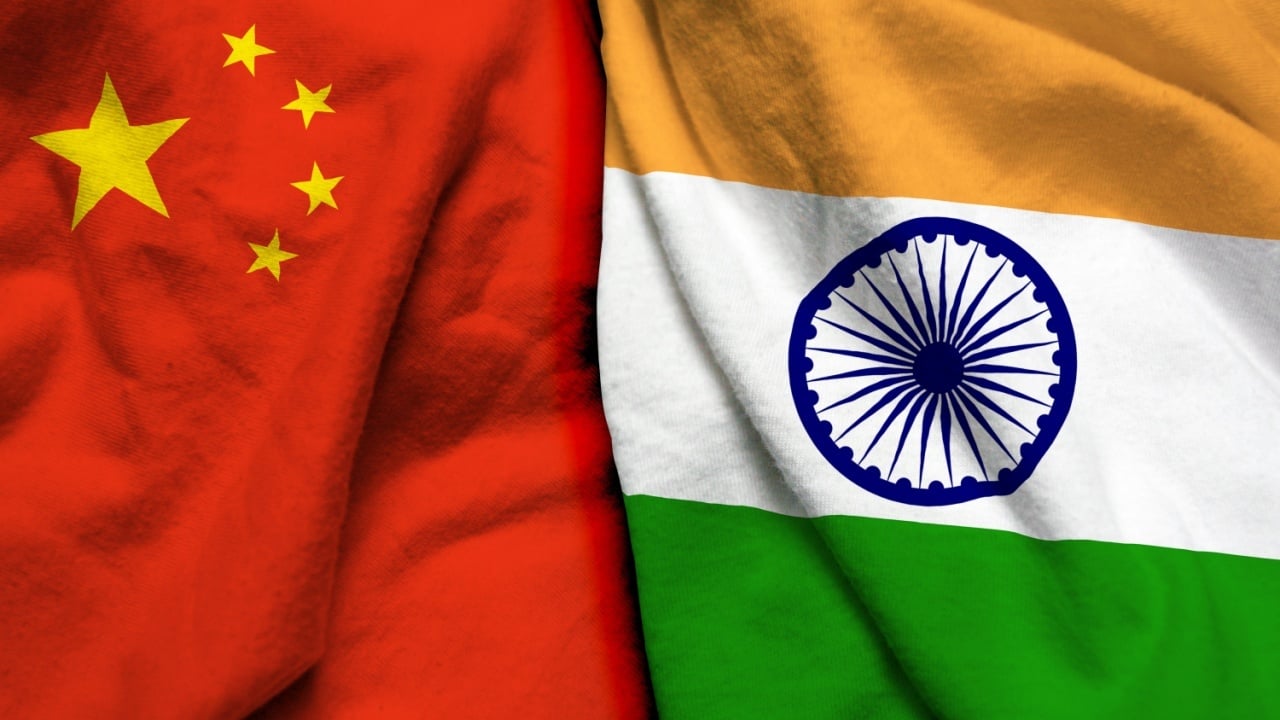
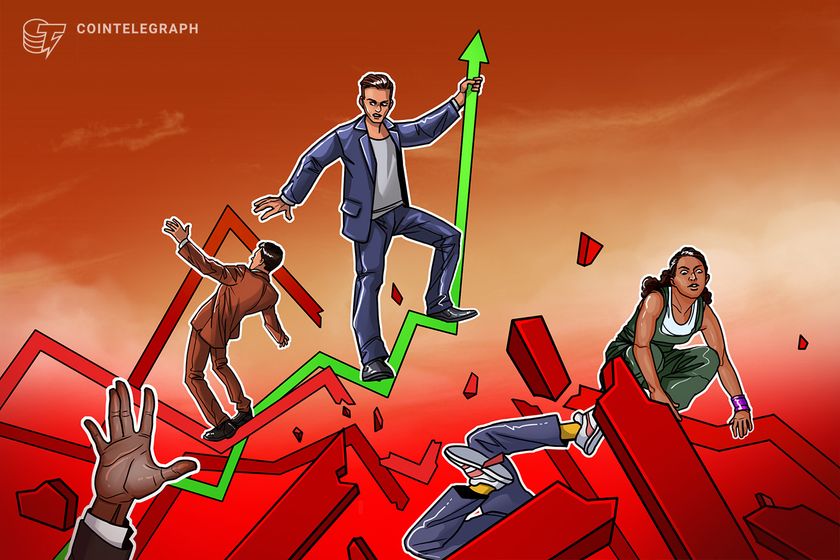







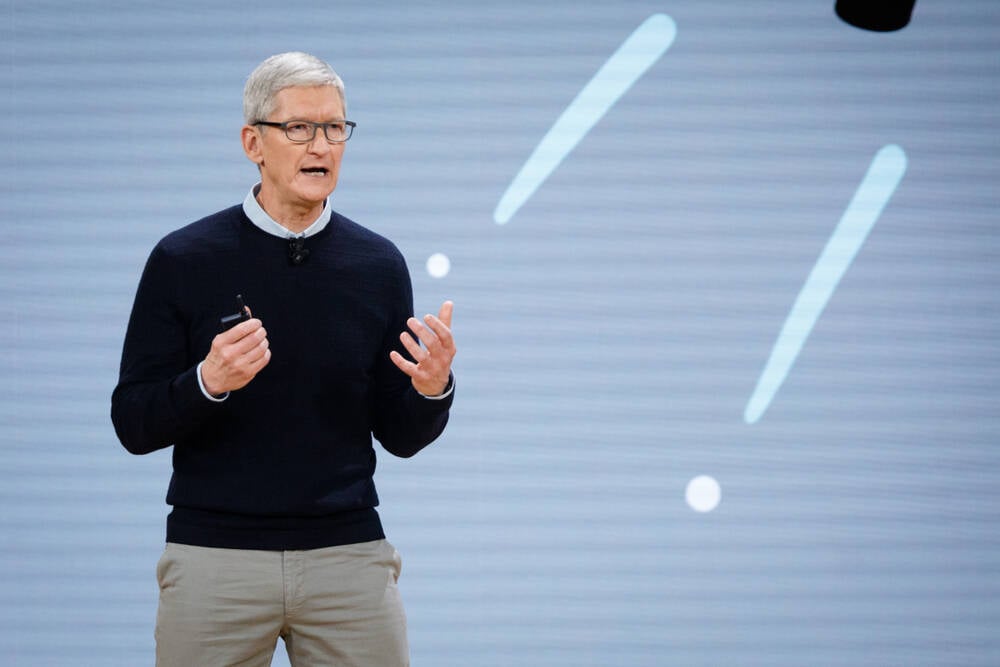






















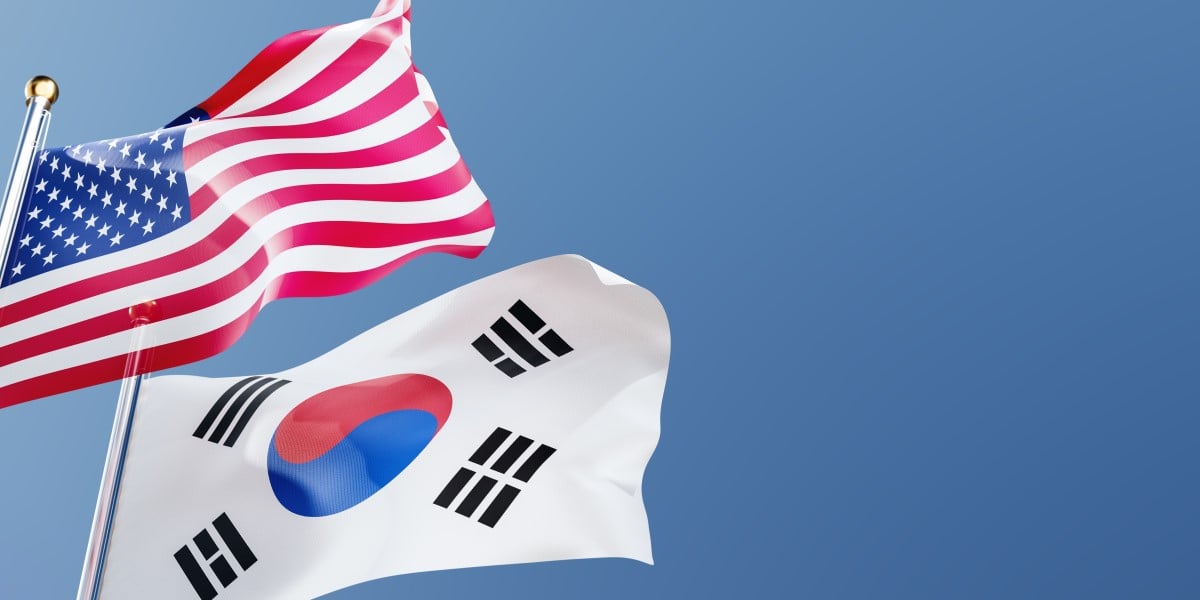
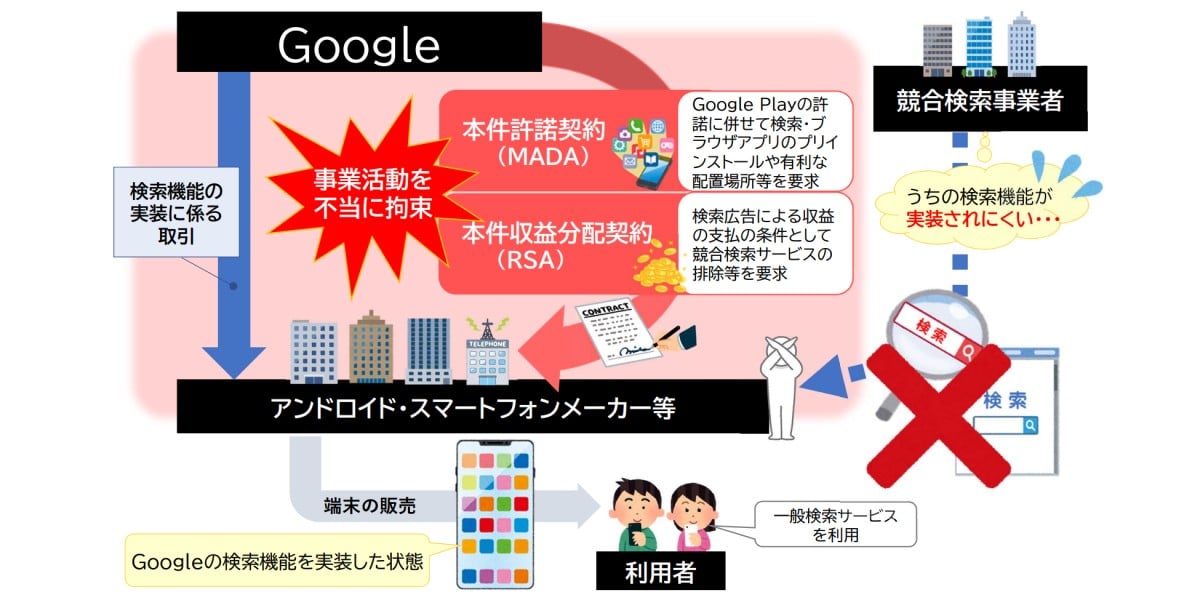













































![How to Find Low-Competition Keywords with Semrush [Super Easy]](https://static.semrush.com/blog/uploads/media/73/62/7362f16fb9e460b6d58ccc09b4a048b6/how-to-find-low-competition-keywords-sm.png)



